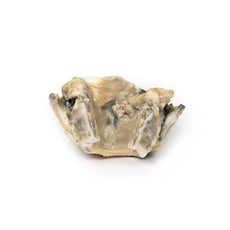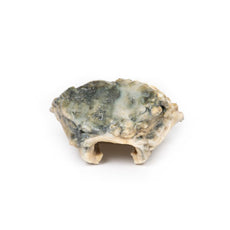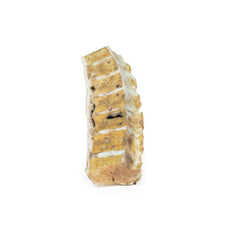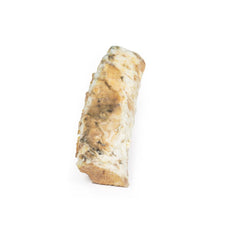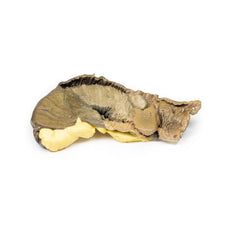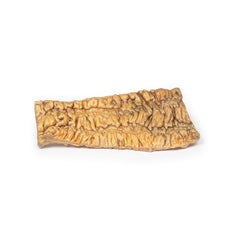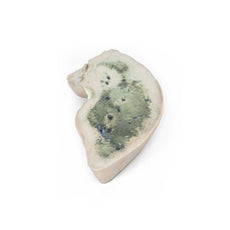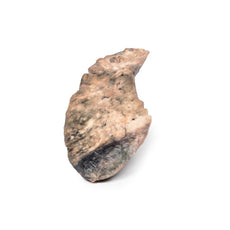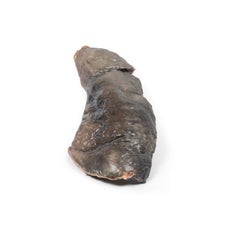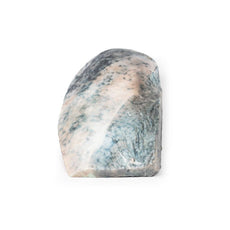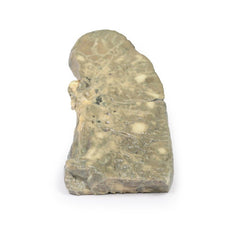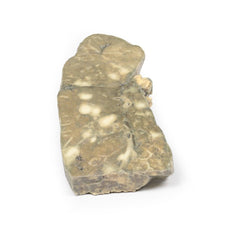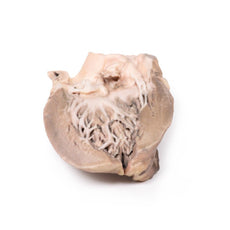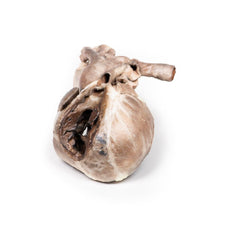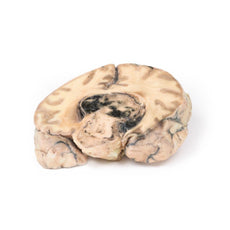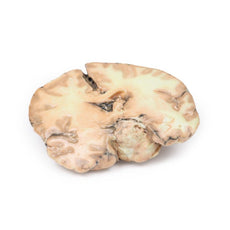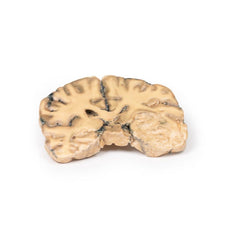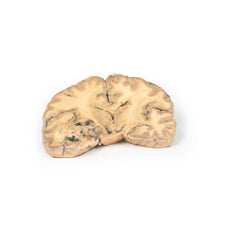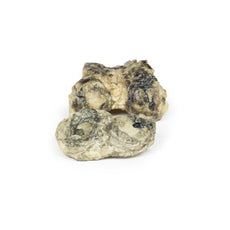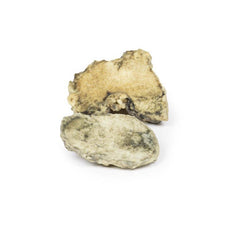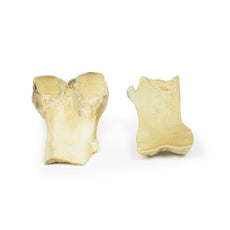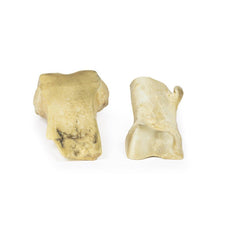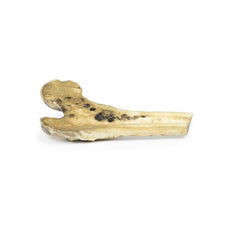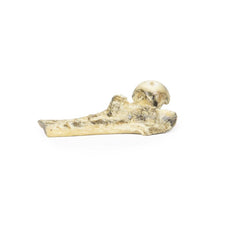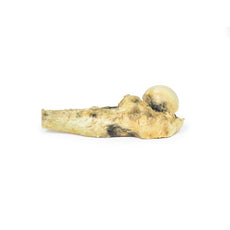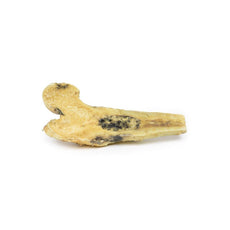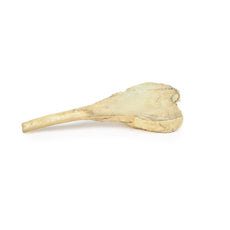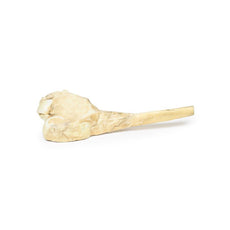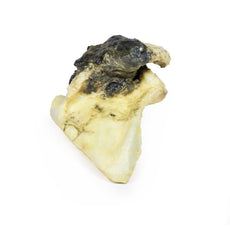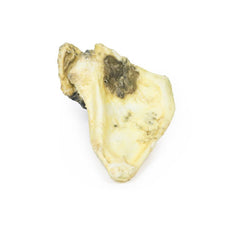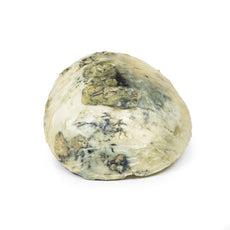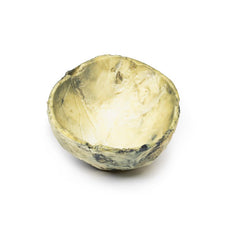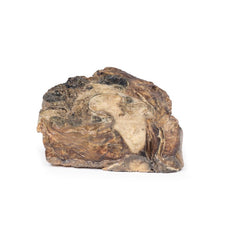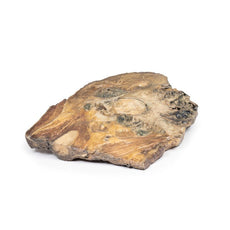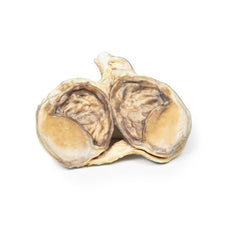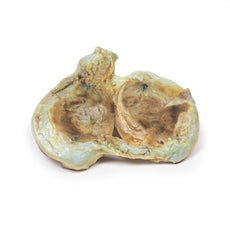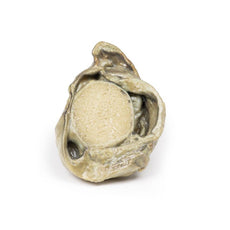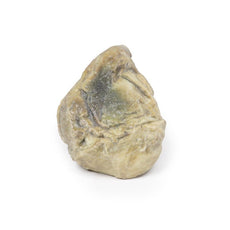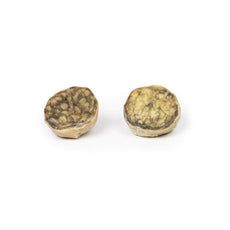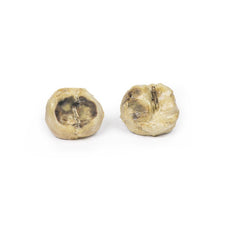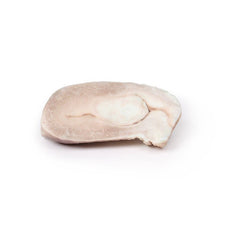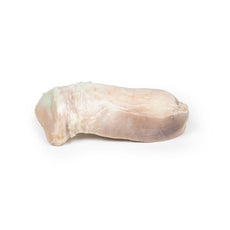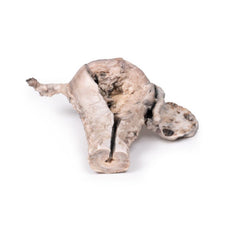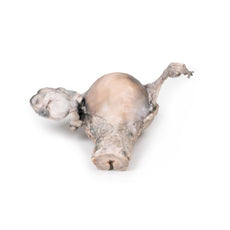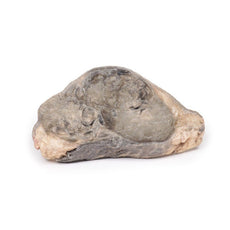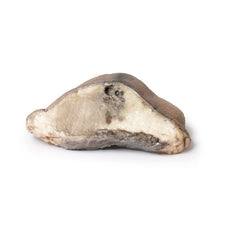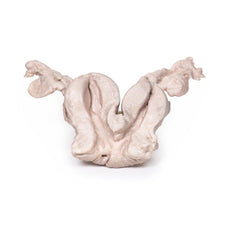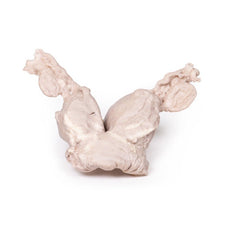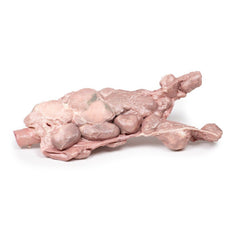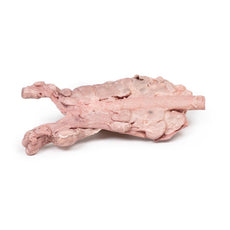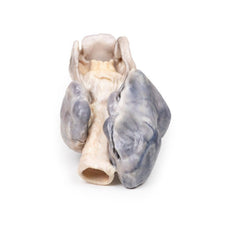Your shopping cart is empty.
3D Printed Craniopharyngioma
Item # MP2017Need an estimate?
Click Add To Quote

-
by
A trusted GT partner -
FREE Shipping
U.S. Contiguous States Only -
3D Printed Model
from a real specimen -
Gov't pricing
Available upon request
3D Printed Craniopharyngioma
Clinical History
A 62-year-old woman presented with disorientation to time, place and person. Physical
examination revealed no localised neurological signs. Radiological investigations revealed a space occupying
lesion in the floor of the 3rd ventricle. Tissue was removed at surgery but the lesion could not be completely
excised. Histology confirmed the diagnosis of Craniopharyngioma. Post-operatively the
3D Printed Craniopharyngioma
Clinical History
A 62-year-old woman presented with disorientation to time, place and person. Physical
examination revealed no localised neurological signs. Radiological investigations revealed a space occupying
lesion in the floor of the 3rd ventricle. Tissue was removed at surgery but the lesion could not be completely
excised. Histology confirmed the diagnosis of Craniopharyngioma. Post-operatively the patient developed complex
metabolic disturbances, probably hypothalamic in origin. She gradually deteriorated, and 10 weeks after
admission she died following an episode of gastric aspiration.
Pathology
The brain has been sectioned in the sagittal plane, displaying the medial surface. A pink-grey,
ovoid tumour measuring 2.5 x 1.5 cm on the cut surface is centred in the region of the hypothalamus. It is
encapsulated except at its ventral pole where tissue has been removed at previous surgery, and the cut surface
reveals a microcystic or spongy appearance. The tumour distorts the 3rd ventricle and extends to obliterate the
Foramen of Munro. The optic chiasm is displaced caudally (arrow). Previous ventriculo-atrial shunting has
prevented dilatation of the lateral ventricles despite this obstruction.
Further Information
Craniopharyngiomas constitute 1-3% of all brain tumours, and 5-10% in children, with a
bimodal distribution favouring ages 5-14 years, and a second peak between ages 50-75 years. There is a higher
incidence in Japan and parts of Africa. Craniopharyngiomas are epithelial tumours generally arising from the
pituitary stalk. Other sites of origin include the sella turcica, optic system and third ventricle. There are
frequently solid and cystic components, the latter containing cholesterol crystals. Craniopharyngiomas can be
divided into two categories – adamantinomatous and papillary types, each with distinct histology and genetic
alterations, although the prognostic significance of these types remains unclear.
Treatment includes surgical
resection and radiation therapy (RT) to treat and post-surgical residual disease. Prognosis depends largely on
tumour resection, control and treatment-related complications arising from local and endocrine and local
sequelae.
 Handling Guidelines for 3D Printed Models
Handling Guidelines for 3D Printed Models
GTSimulators by Global Technologies
Erler Zimmer Authorized Dealer
The models are very detailed and delicate. With normal production machines you cannot realize such details like shown in these models.
The printer used is a color-plastic printer. This is the most suitable printer for these models.
The plastic material is already the best and most suitable material for these prints. (The other option would be a kind of gypsum, but this is way more fragile. You even cannot get them out of the printer without breaking them).The huge advantage of the prints is that they are very realistic as the data is coming from real human specimen. Nothing is shaped or stylized.
The users have to handle these prints with utmost care. They are not made for touching or bending any thin nerves, arteries, vessels etc. The 3D printed models should sit on a table and just rotated at the table.











